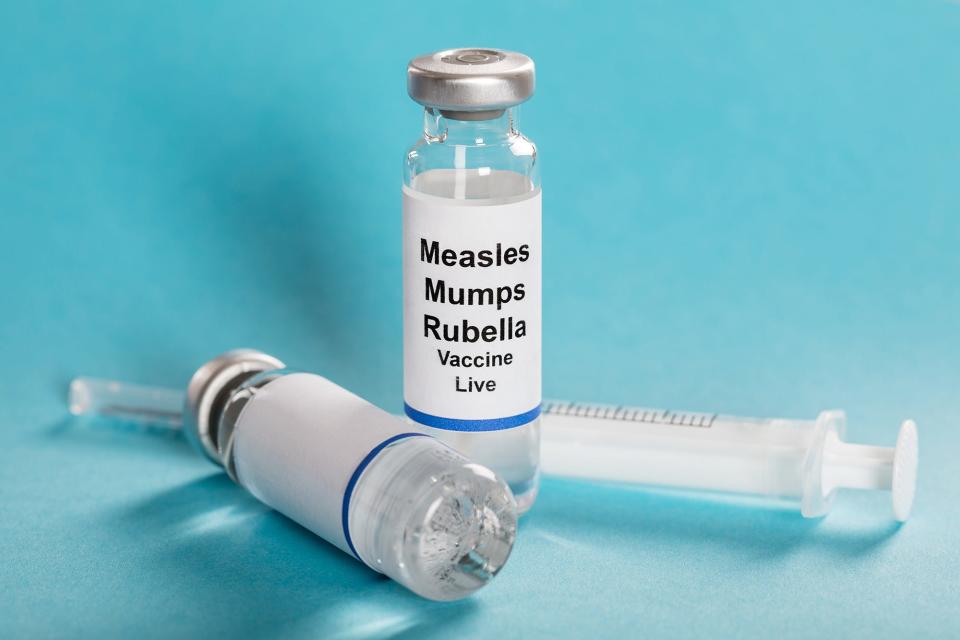Lee Health: Important information you need to know about measles
Measles has been in the news in Florida, as children in Broward and Polk counties have contracted the disease. Though there is no sustained circulation of measles in the United States, it is a highly contagious respiratory virus that can easily spread in under-immunized communities.

Measles can cause serious health complications, especially for children younger than five, adults older than 20, pregnant women and people with compromised immune systems. Our epidemiology and infection control team at Lee Health is sharing some important information you should know about measles.

Signs and symptoms
Measles symptoms typically appear one to two weeks after exposure to the virus and include fever, cough, runny nose and conjunctivitis (also known as pink eye). White spots may appear inside the mouth two or three days after symptoms begin, and a rash breaks out three to five days after symptoms begin. The rash usually starts on the face at the hairline and spreads down the neck, trunk, arms, legs and feet.
How measles spreads
Measles spreads through the air when an infected person coughs or sneezes, and an infected person can spread the virus to people even before they know they have it—from four days before developing the rash up to four days after the rash develops. The measles virus can live for up to two hours in a space, even after an infected person leaves an area.
Complications of measles
Common complications of measles include diarrhea and ear infections. For those who are at higher risk of complications, they can get pneumonia, encephalitis or death. Pregnant women who have not gotten the measles-mumps-rubella (MMR) vaccine and who contract measles can give birth prematurely or have a low-weight baby.
“We want parents to be aware of the severe complications of measles,” explains Mary Beth Saunders, D.O., Lee Health system medical director, Epidemiology. “According to the Centers for Disease Control and Prevention (CDC), nearly 1 in 3 of every 1,000 children who become infected with measles will die from respiratory and neurologic complications. Subacute sclerosing panencephalitis (SSEP) is another complication. Though it is rare, SSPEP is a fatal disease of the central nervous system that results from a measles infection acquired early in life, and it can develop seven to 10 years after a person has measles. We want to share this information to educate parents of the serious consequences of measles.”
Vaccination prevents measles
The best protection against the measles is the measles-mumps-rubella (MMR) vaccine. Talk to your doctor if you have questions about whether you have received the MMR vaccine. If you have children, talk to their pediatrician to ensure they get the right doses for the best protection. Two doses of the vaccine are about 97 percent effective at preventing measles, and one dose is about 93 percent effective if exposed to the virus.
Call your doctor immediately if you think you, your child or someone in your family has been exposed to measles. If you have additional questions about the virus, the CDC has an extensive Frequently Asked Questions page—you can go to the CDC website (CDC.org) and search for measles.
Larry Antonucci, M.D., MBA is the president & CEO of Lee Health, Southwest Florida’s major destination for health care offering acute care, emergency care, rehabilitation and diagnostic services, health and wellness education, and community outreach and advocacy programs. Visit LeeHealth.org to learn more.
This article originally appeared on Marco Eagle: Lee Health: Important information you need to know about measles

